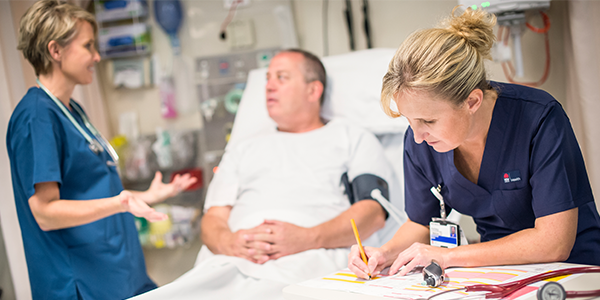What is health literacy?
Health literacy refers to a person’s ability to find, understand and use information to make decisions about their health. Health literacy affects people's ability to:
- navigate the healthcare system, including filling out complex forms and locating health services, such as hospitals, community health services, day surgeries, medical practitioners, pharmacists and allied health professionals
- share personal information, such as their medical history, with health providers
- engage in self-care and managing their own condition
- understand mathematical concepts, such as probability and risk, which allow people to weigh up their options and make the best decision given their circumstances.
Why is it important?
Many people have trouble obtaining information about their health, in the right form, and at the time it is needed. For example, research has shown that most of us have problems understanding medical instructions and finding our way to the right health services.
Adults with lower health literacy often find it hard to manage their health and prevent disease. This leads to poorer health outcomes and more frequent use of health services. Our goal is to make it easier for patients, carers and the public to better manage their health, and get the most from their health services.
What can we do about it?
We can help people to develop their health literacy by improving our communication and by making the health system easier to use. By changing the way we support people to understand health information, we can help to:
- prevent illness
- improve the management of illness
- improve medication use
- speed up recovery after illness.
